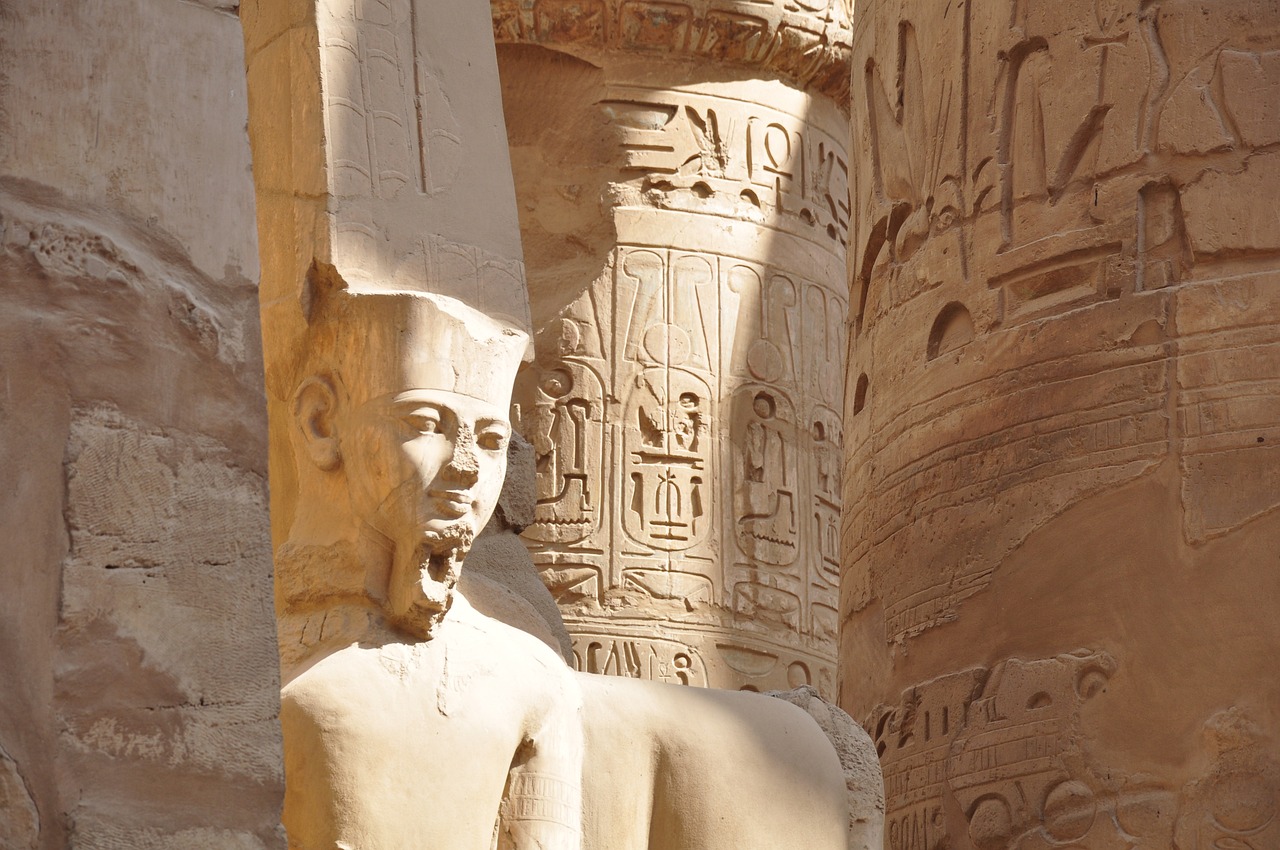The calls to revive Iraq-Syria oil pipeline after Assad overthrow grow
Some Iraqi experts urged their government to consider rebuilding the facility
Following the overthrow of former Syrian President Bashar Al-Assad, calls are mounting to revive a defunct pipeline that once transported Iraqi crude oil to a Syrian port on the Mediterranean, reported by Iraq Business News.
Several Iraqi experts have urged their government to consider rebuilding the facility as an outlet for the OPEC member’s oil exports to Europe.
An adviser to Iraq’s Prime Minister Mohammed Al-Sudani said there was a need for negotiations between the two Arab neighbors to set the groundwork for the pipeline’s resurrection.
But other analysts disagreed with these calls, on the grounds that the situation in Syria is uncertain and Iraq’s oil exports to Europe have been falling in favor of Asian markets.
In October 2023 Iraqi officials said rebuilding of the 850km pipeline was discussed at two-day talks between the state-owned North Oil Company in Kirkuk and several local oil companies.
The official news agency later quoted government spokesman Bassim Al-Awadi as saying Baghdad was thinking of reviving the pipeline to expand export outlets.
Mudhar Saleh, a spokesperson for the Iraqi prime minister, said: «The Iraq-Syria pipeline is one of the vital projects that had shaped the oil industry in Iraq and the entire region.
«Iraq remains in need to revive plans to expand its oil export outlets through the Mediterranean for its European clients … but this issue requires negotiations between the two countries, because the pipeline’s part in Syria had been aggressively nationalized by Damascus,» Saleh told the official Iraqi news agency last week.
The pipeline, dating back to the early 1950s, linked Iraq’s oil-rich Northern Kirkuk governorate with the western Syrian port of Baniyas, on the Mediterranean.
Iraq shut the pipeline between 1982 and 2000 because of political rifts with Syria, and it sustained heavy damage during the 2003 US invasion of Iraq.
According to the Oil & Gas Journal, as of Jan. 1, 2011, Qatar’s natural gas reserves in the Arabian Gulf were estimated at approximately 896 trillion cubic feet (25.4 trillion cubic meters), representing 14% of the world’s known reserves—the third-largest globally. However, Qatari gas has been deemed less viable for Western markets due to the lack of direct pipeline connections, resulting in reliance on costly liquefied natural gas shipments.
More From “Economics”

Saudi Arabia raised $3.09bln in sukuk issuances for December

Dubai real estate smashed records in 2024 with sales worth $142.4bln

Reuters: Qatar plans to help boost Syrian government salaries

Saudi Arabia’s GDP grows 1.3% in 2024, driven by non-oil sector

Economic growth of UAE is to accelerate in 2025 and 2026

Egypt seeks to secure €4bln EU funding by June

S&P: UAE GDP growth will remain strong in 2025-2027

GCC secures 6th spot globally in goods trade volume

S&P: Banking sector in Kuwait, Qatar and UAE is to stay stable

Egypt’s economy struggles with rising refugee crisis

Saudi Arabia has a major role in Syria’s future: Ahmad Al-Sharaa

Saudi Arabia raised $12bln in international bonds amid strong demand


